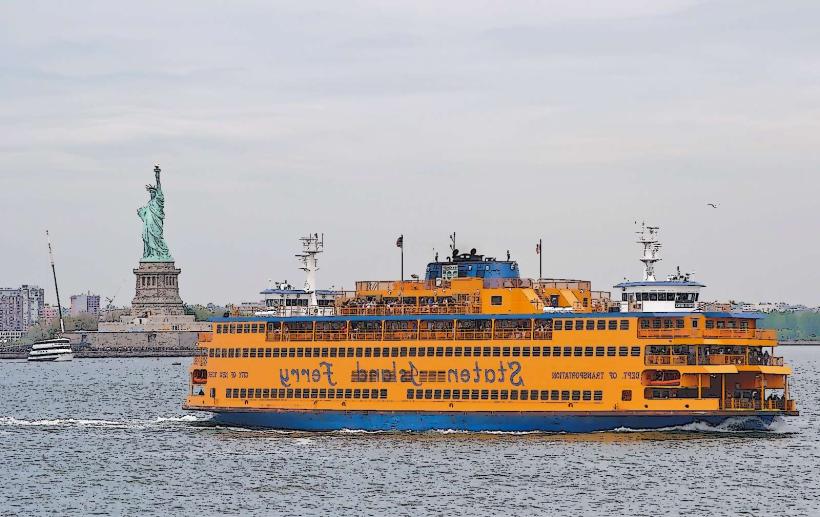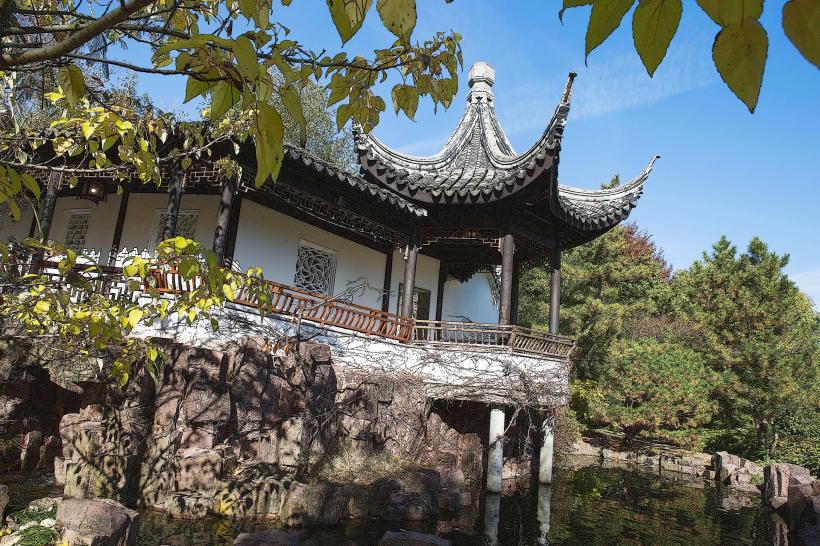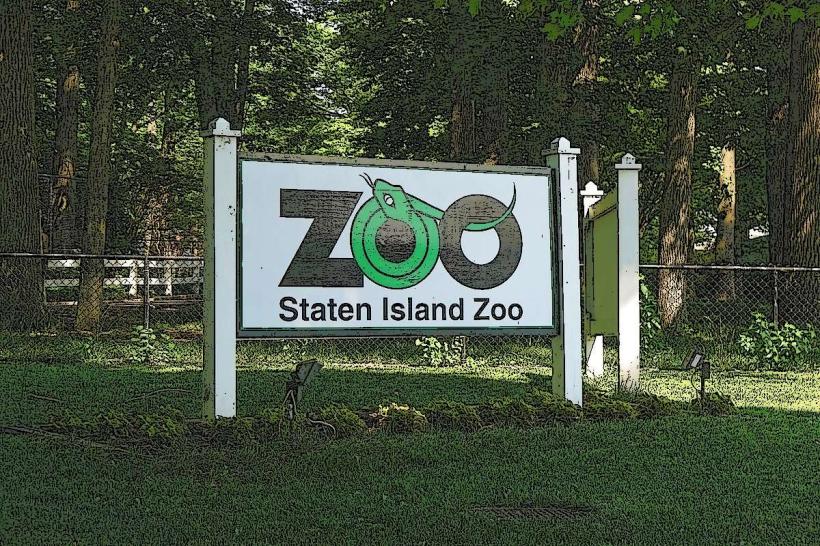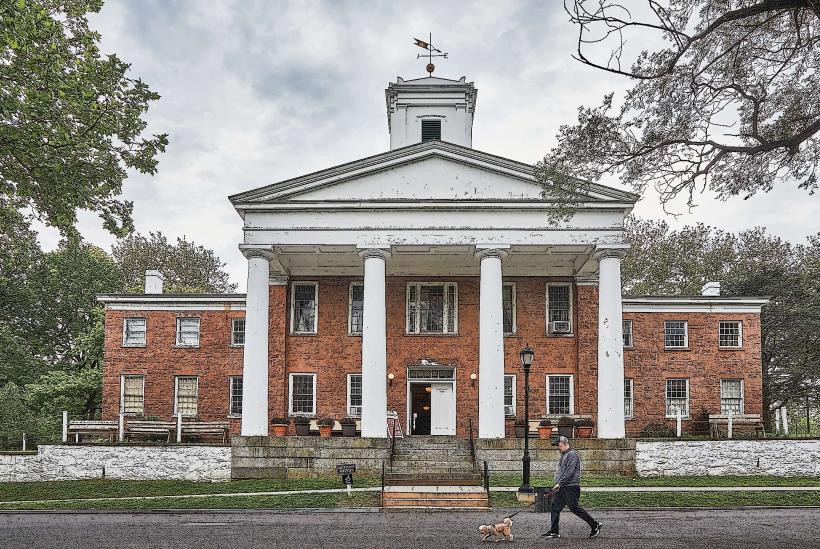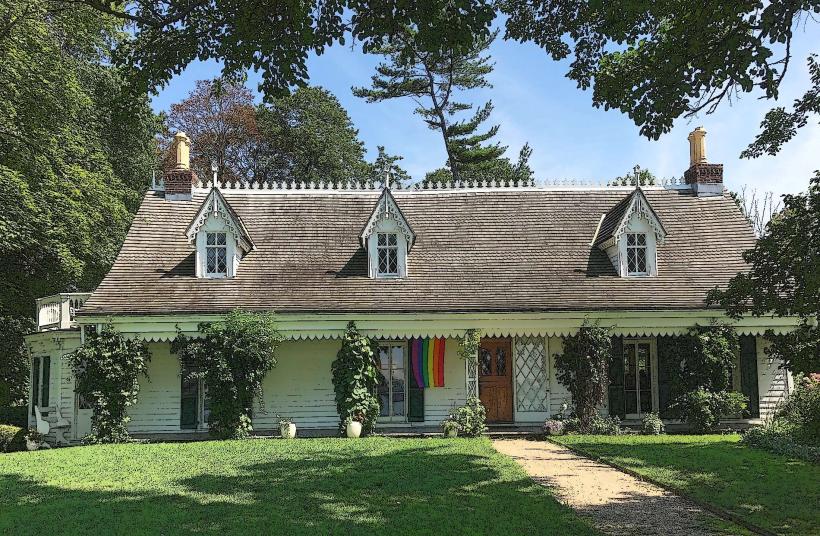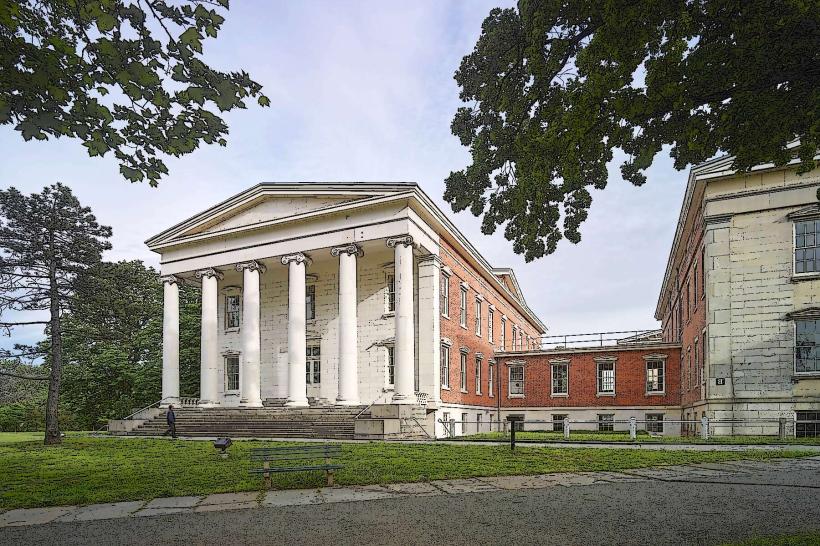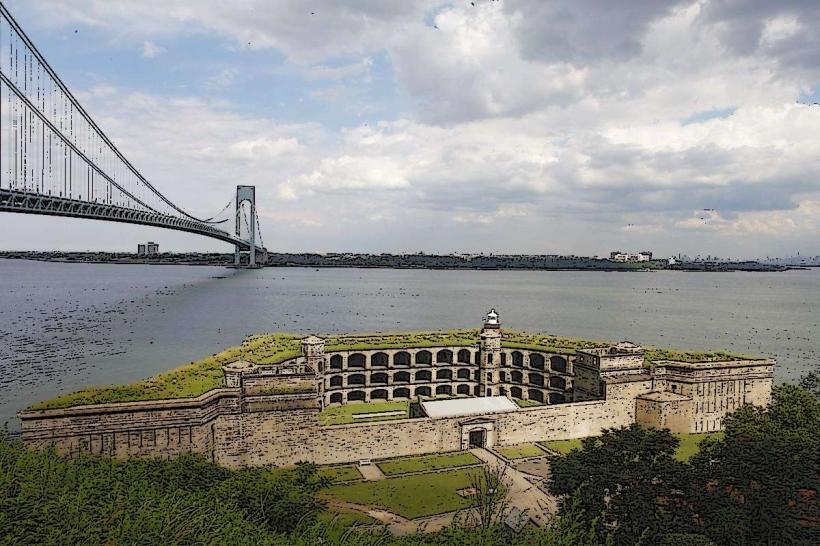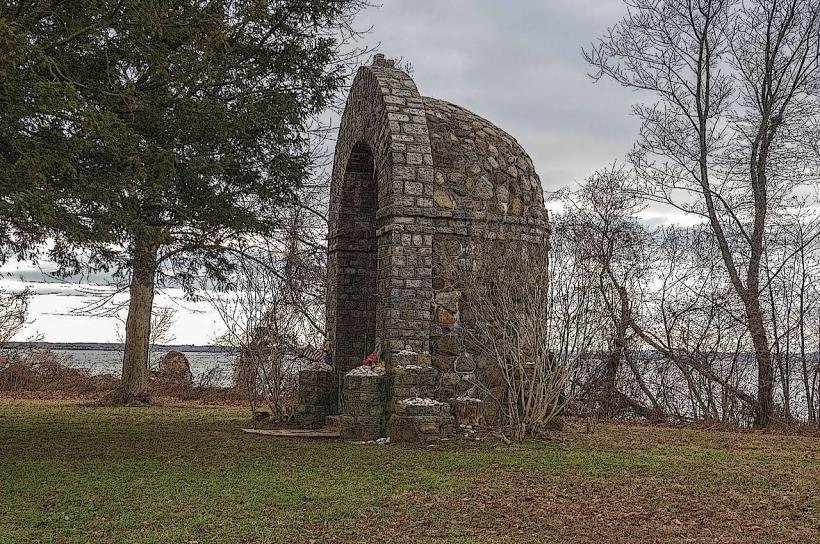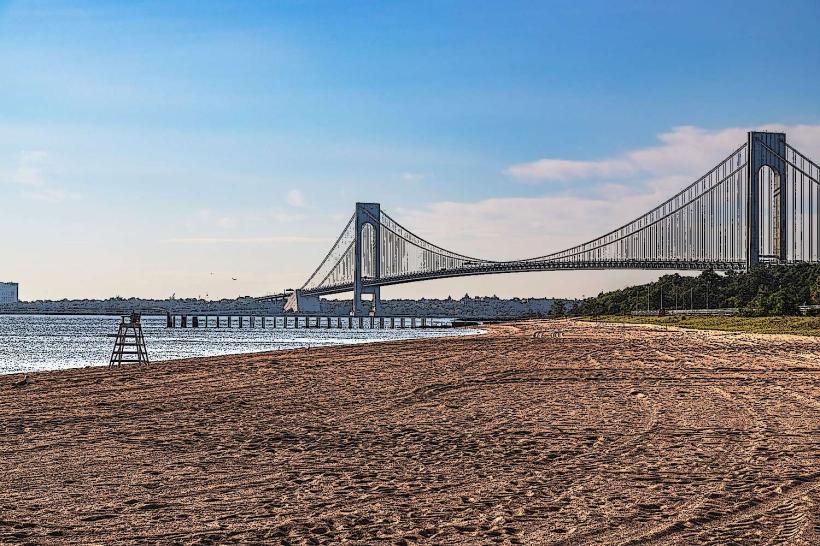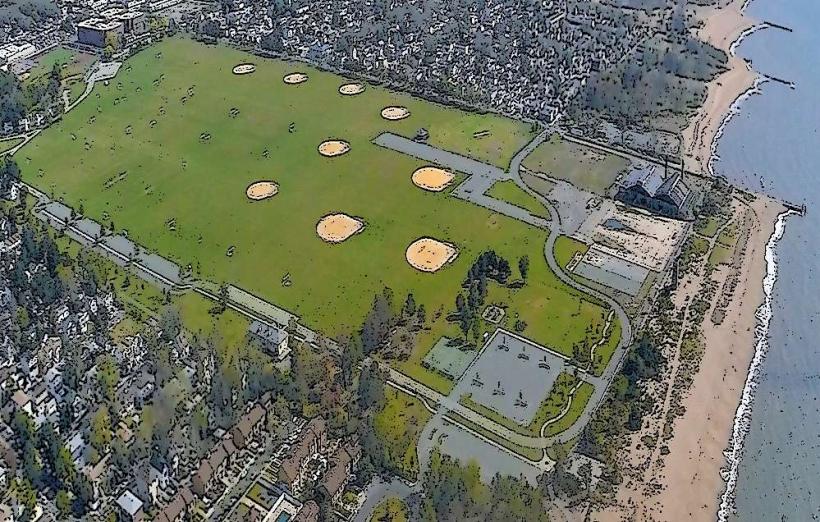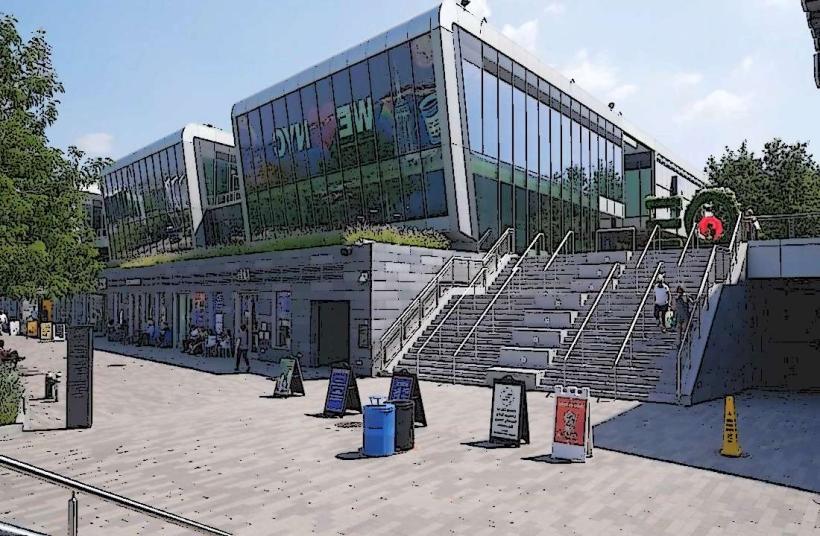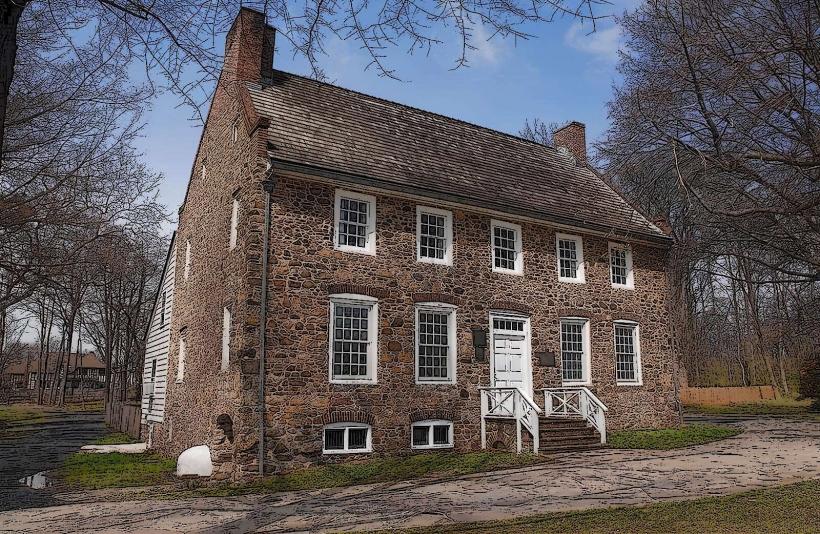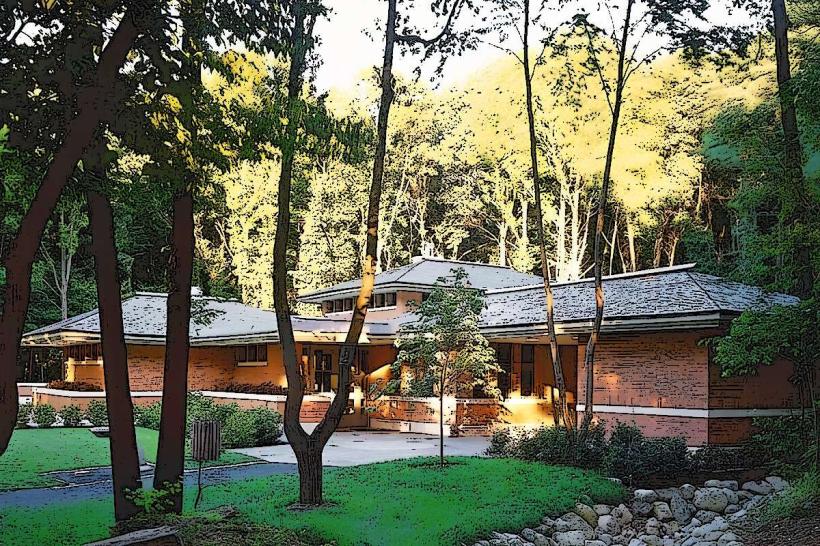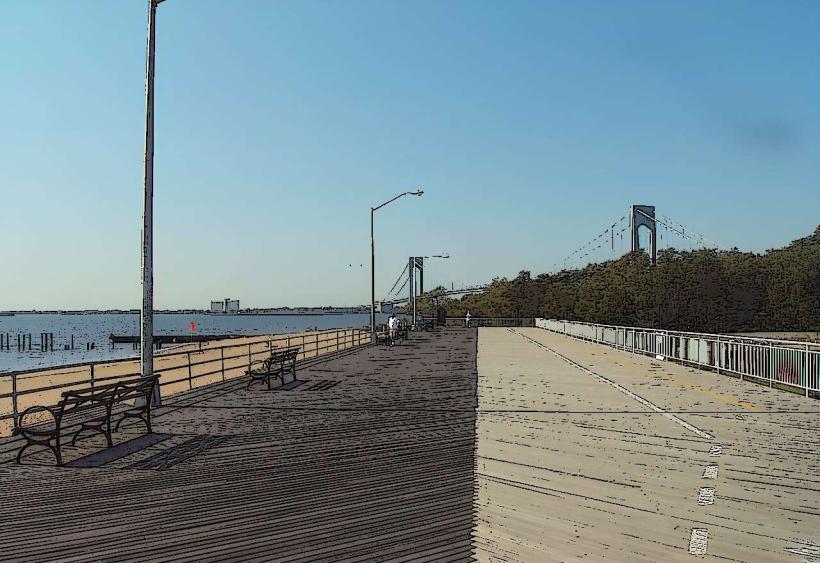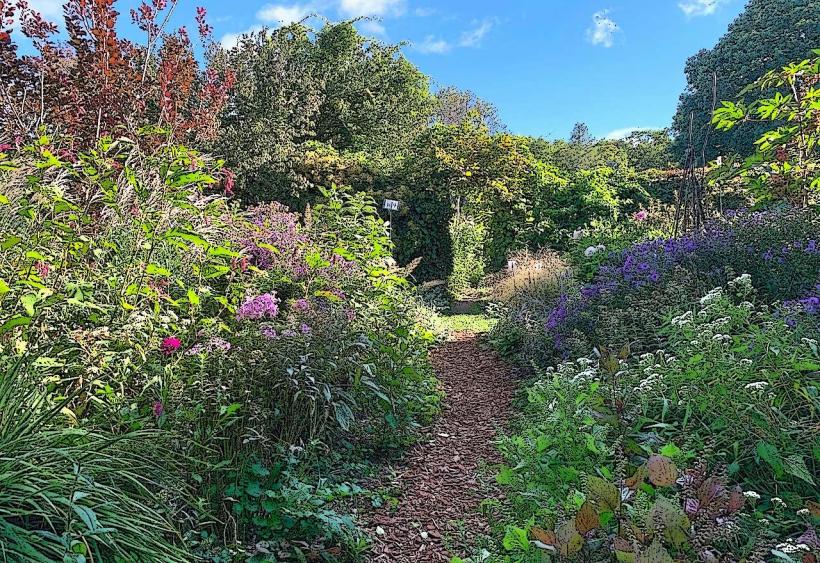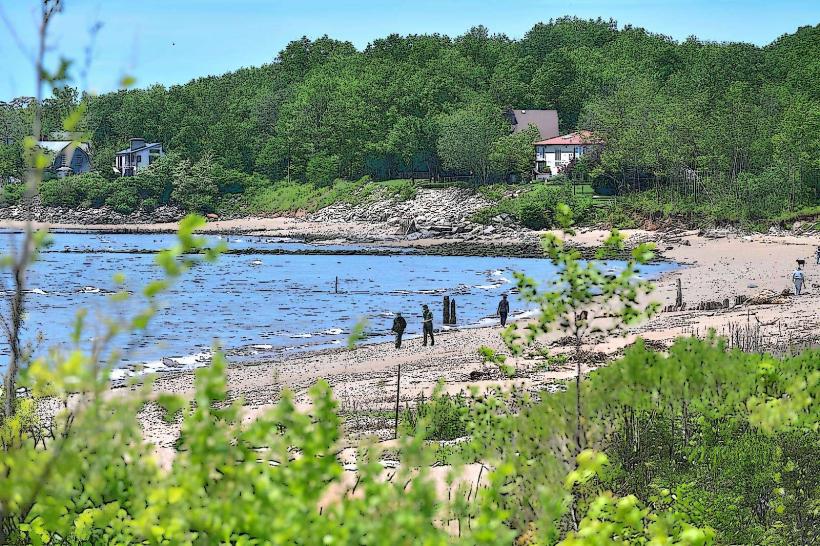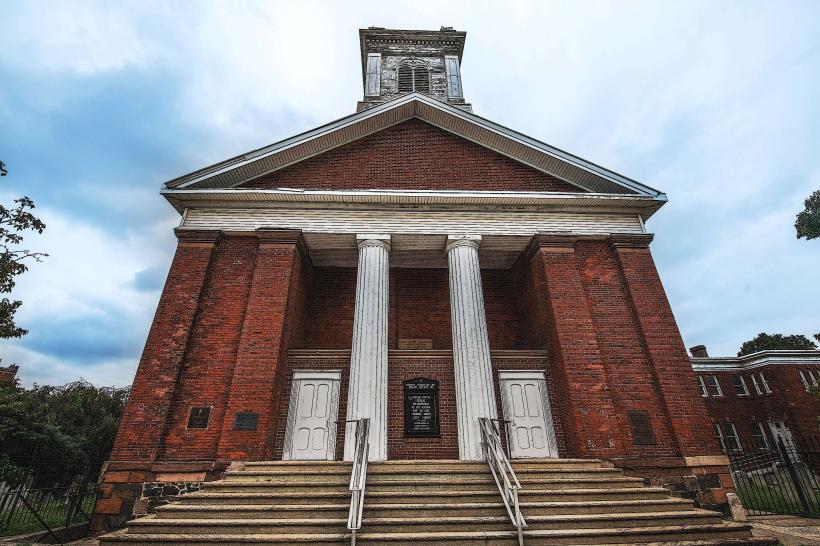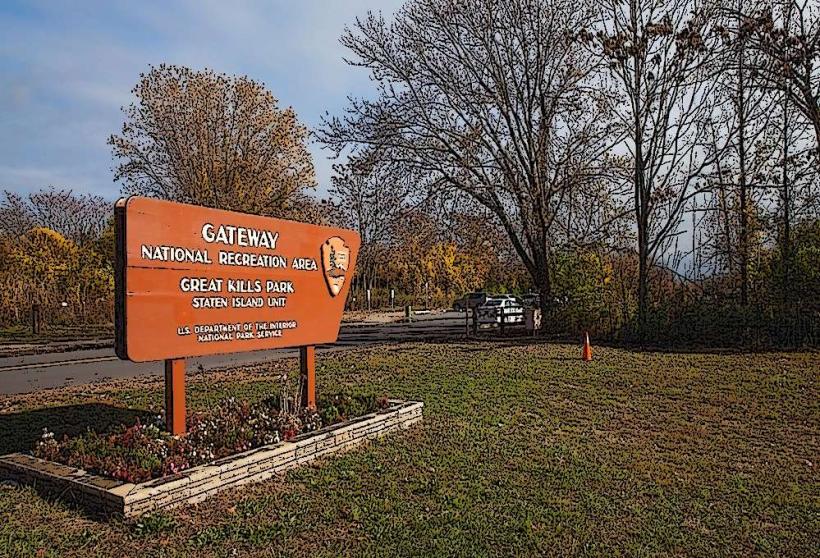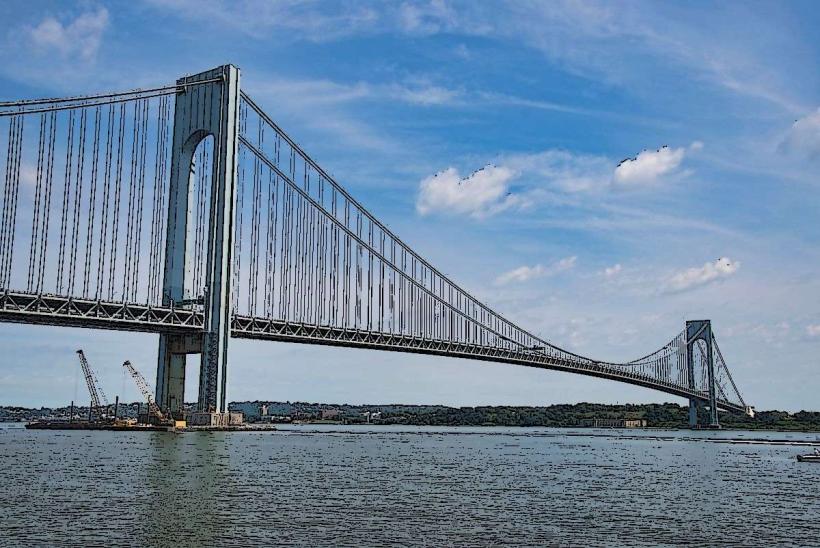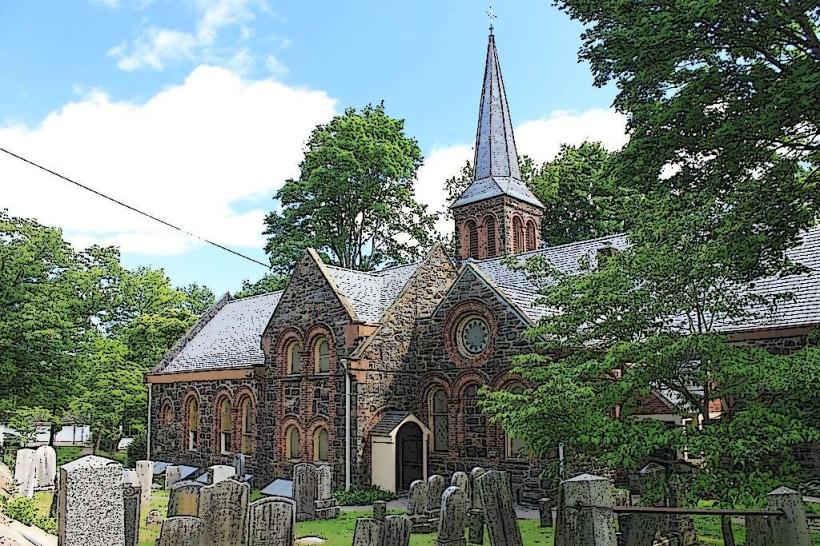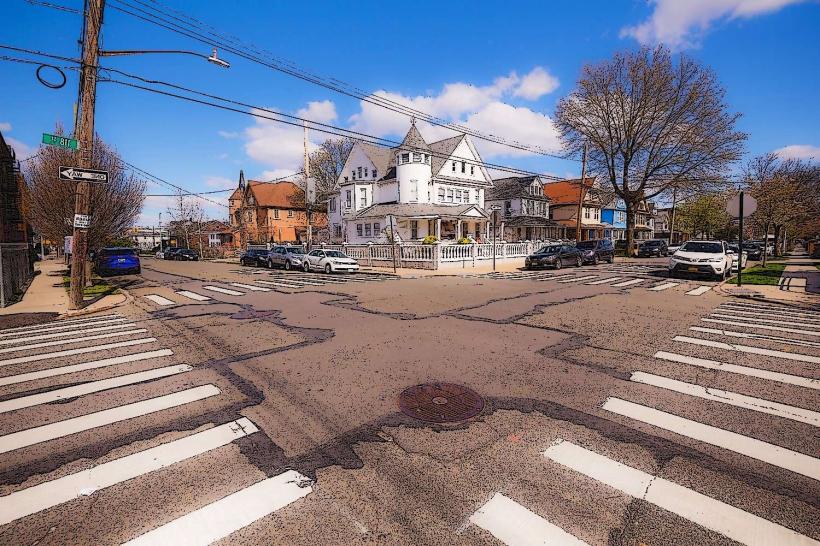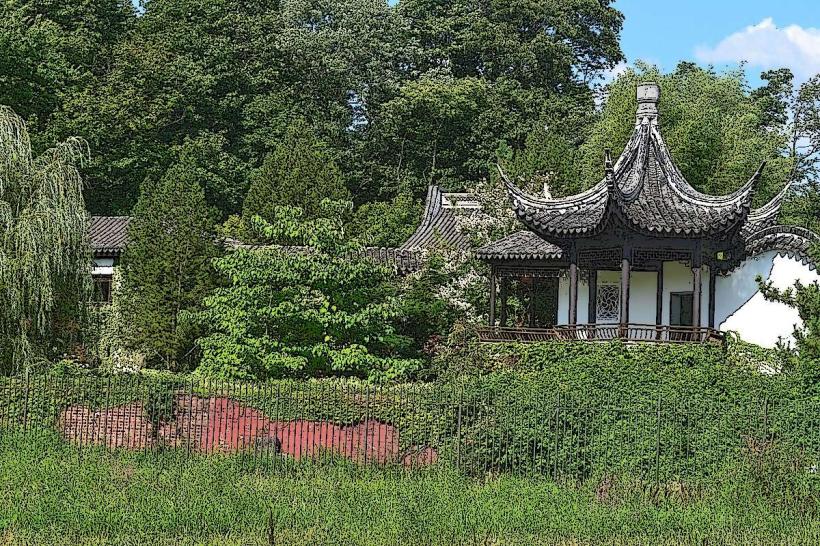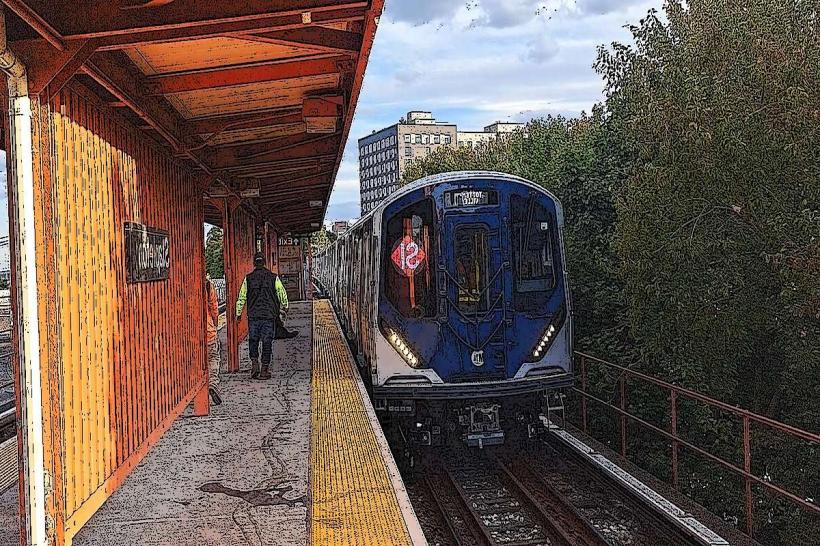Information
Landmark: Staten Island GreenbeltCity: Staten Island
Country: USA New York
Continent: North America
Staten Island Greenbelt, Staten Island, USA New York, North America
The Staten Island Greenbelt is the largest continuous stretch of natural forested land in New York City, encompassing more than 2,800 acres of preserved woodlands, wetlands, meadows, and parks in central Staten Island. Designed in part by landscape architect Frederick Law Olmsted’s vision for connecting natural corridors, the Greenbelt plays a vital role in urban ecology, flood control, recreation, and education.
Here is a detailed breakdown of its components, features, and significance:
1. Geographical Scope and Layout
The Greenbelt stretches across central Staten Island, forming a horseshoe-like ring around Todt Hill, which is the highest natural point in New York City at 410 feet above sea level. This elevated terrain gives way to steep ravines, hills, freshwater springs, and a vast array of native habitats.
Key locations within the Greenbelt include:
High Rock Park
LaTourette Park and Golf Course
Willowbrook Park
Blood Root Valley
William T. Davis Wildlife Refuge
The Greenbelt Nature Center
These areas are interconnected by a well-maintained and marked trail system.
2. Ecology and Natural Features
Forests and Wetlands:
The Greenbelt contains old-growth hardwood forests, vernal pools, and rare swamp areas. The dominant tree species include red oak, white oak, American beech, tulip trees, and hickory. The wetlands are crucial for water filtration and serve as breeding grounds for amphibians.
Wildlife:
The area is teeming with wildlife:
Mammals: White-tailed deer, eastern cottontails, red foxes, raccoons, and squirrels.
Birds: Over 100 species, including red-tailed hawks, great horned owls, woodpeckers, and warblers. It is an important stop on the Atlantic Flyway for migratory birds.
Reptiles and Amphibians: Eastern box turtles, garter snakes, American toads, and green frogs.
The biodiversity makes the Greenbelt a living laboratory for students, researchers, and nature enthusiasts.
3. Trail System
The Greenbelt has more than 35 miles of trails, making it one of the best urban hiking destinations in the region. The trails are color-coded and vary in difficulty.
Blue Trail: The longest and most challenging (12.3 miles), stretching from Great Kills Park to Willowbrook Park, passing through diverse terrain and offering scenic views.
Red Trail: A 4-mile loop running through Blood Root Valley and Heyerdahl Hill; popular for birdwatching and photography.
White Trail: A 7.6-mile trail through the heart of the Greenbelt with access to High Rock and LaTourette.
Yellow Trail: Offers scenic short-distance hikes near High Rock Park.
Multipurpose Trail: A flat, 2.6-mile gravel path open to joggers, walkers, and cyclists. It’s the only trail in the Greenbelt that permits bikes.
Trail maps are available at the Greenbelt Nature Center and online.
4. Major Parks and Sites
High Rock Park
One of the most secluded and serene areas within the Greenbelt.
Features a freshwater spring-fed pond, marshlands, and mature woodlands.
Known for its birdwatching and turtle population.
Considered a “Forever Wild” preserve, meaning it has special protection.
Willowbrook Park
Offers a lake for fishing (catch-and-release), playgrounds, sports fields, and the Carousel for All Children.
Serves as one of the most family-friendly entrances to the Greenbelt.
LaTourette Park and Golf Course
Contains trails and woodlands surrounding the historic LaTourette House (now a clubhouse).
Adjacent to Staten Island’s public golf course.
Connects to the Blue and Red Trails.
William T. Davis Wildlife Refuge
Staten Island’s oldest designated wildlife sanctuary.
Rich in salt marsh and tidal estuary environments, ideal for birding and environmental education.
5. Greenbelt Nature Center
Opened in 2004, this 8,000-square-foot facility serves as the primary visitor and educational hub of the Greenbelt.
Offers interactive exhibits, ecological displays, and trail information.
Hosts guided hikes, summer camps, nature workshops, and school field trips.
Built with sustainable design principles and located in Blood Root Valley.
6. Cultural and Environmental Importance
The Greenbelt represents a rare example of urban land preservation within a major city. It offers a glimpse into what Staten Island looked like before industrial and residential development. Through its diverse ecosystems and public accessibility, the Greenbelt has become central to:
Environmental education
Public health and recreation
Conservation of native species
Stormwater management and urban cooling
The Greenbelt Conservancy, a nonprofit organization, partners with NYC Parks to maintain the trail system, run educational programs, and advocate for ecological preservation.
7. Visitor Information
Accessibility: Most trailheads are reachable by car and MTA bus routes. The Multipurpose Trail and parts of Willowbrook Park are accessible to wheelchairs and strollers.
Parking: Available at High Rock Park, Willowbrook Park, and the Nature Center.
Safety: While the Greenbelt is generally safe, visitors are advised to hike in pairs, carry water, stay on marked trails, and use tick protection.
Hours: Open daily from dawn to dusk.
Summary
The Staten Island Greenbelt is a unique urban wilderness offering a deep connection to nature, education, and wellness. Whether you're a seasoned hiker, a birder, a student, or someone looking for a peaceful escape from the city, the Greenbelt provides a rare blend of serenity and ecological richness. Its preservation reflects New York City's commitment to environmental stewardship and sustainable urban life.

